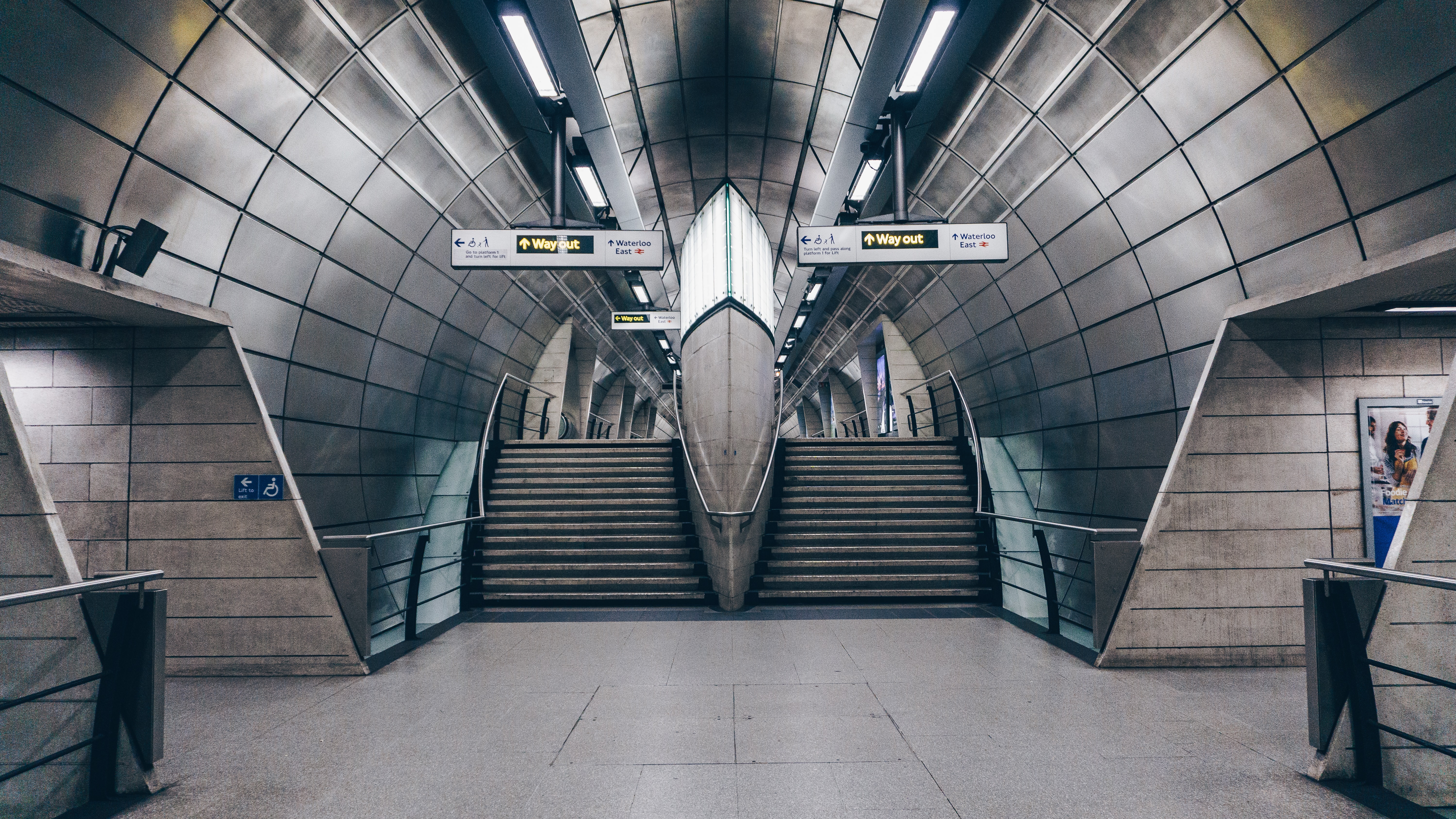Research from Kent’s School of Economics predicts an end to deregulated competitive pubic transport in the UK as a consequence of Covid-19 social distancing measures leading to drastically reduced ridership, requiring a major rethinking of the provision of public transport.
This paper, published in Transport Policy, argues that the situation will require a fundamental approach to long-term policy for transport as a whole. This is an opportunity to reconstruct the system whilst addressing such problems as the environmental impact of transport, congestion and questions of transport justice such as accessibility to transport for disadvantaged groups in society.
Covid-19 has been a major disruptor on all aspects of the transport system, local, national and international. This has been significant for both the UK’s public sector and private sector operators and has thrown most business models into disarray, demonstrating the system’s fragility to crisis. Whilst the UK Government provides funding for services to continue amid the pandemic, the length of the emergency and the slow recovery threaten this ability to maintain support until demand returns to pre-pandemic levels.
In the UK central government borrowing in fiscal year 2020/21 is expected to reach almost £400 billion as the economy shrinks by an expected 11.3 per cent and unemployment rises to 7.5 per cent. Continued government funding for the public transport system is not sustainable for current pandemic levels of use, in which ridership is down across the system.
In addition to this, the increasing inequality in accessibility to transport according to income, age, disability and other individual and social characteristics was a pre-pandemic issue of major disparity, whilst the environmental crisis continues with transport accounting for a significant share of global emissions. These older issues continue and require immediate addressing.
The paper argues that returning to the old normal is unlikely and that public transport must adjust to increased home working and a fear of crowded spaces. This potentially spells the end of the prevailing model of a deregulated competitive public transport in the UK.
Roger Vickerman, Emeritus Professor of European Economics at Kent and author of the paper said: ‘Public transport’s flaws required urgent addressing prior to the pandemic and now much remains to be done in designing an inclusive transport system. In the light of the pandemic, we are presented with this opportunity now and may use it to establish a system that is efficient, environmentally considerate, and to the benefit of its users that currently suffer its disadvantages.’
The paper ‘Will Covid-19 put the public back in public transport? A UK perspective’ is published in Transport Policy (Professor Roger Vickerman, Emeritus Professor of European Economics, School of Economics, University of Kent).

